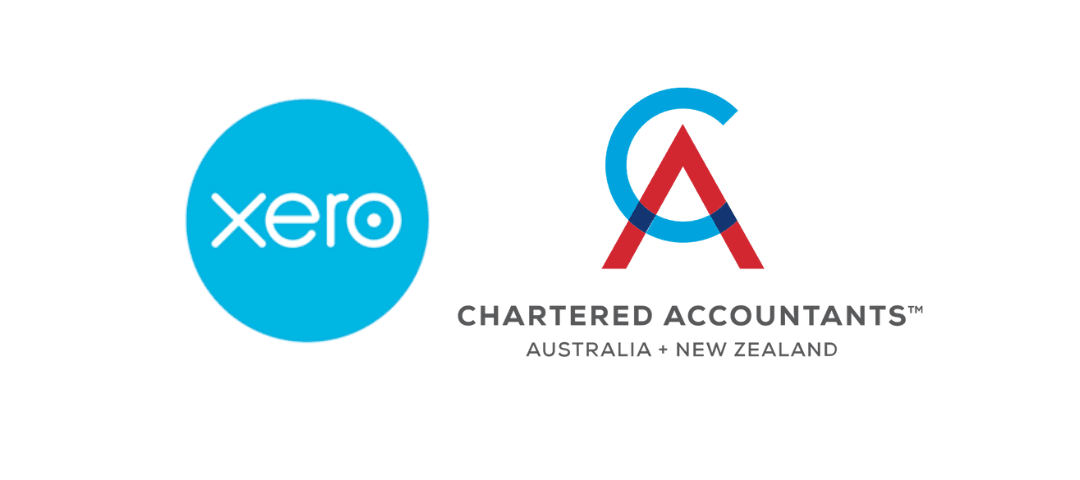Last week we covered terminal tax, have a quick recap and understand the difference between provisional tax and terminal tax.
What is provisional tax?
Provisional tax is income tax that is paid in advance to the IRD in instalments during the tax year.
Who must pay it?
If last year's tax return shows there is more than $2,500 of residual income tax to pay, provisional tax must be paid for the following tax year. This usually happens when income is earned without having tax deducted during the year. As provisional tax is based on last year's tax return, a new business owner normally pays no provisional tax due in their first year of business.
How is provisional tax calculated?
There are different options to calculate your provisional tax; the most popular being the standard method. This is calculated by taking last year's residual income tax and adding 5%.
Other methods are available such as the estimate method and ratio method. The estimation method may be useful if you know your income will decrease in the next year, therefore there is no need to pay an uplift in the amount. However, there are also consequences of penalties and use of money interest charged if the estimation is incorrect. The ratio method may be beneficial for seasonal income earners by paying a ratio of income tax based on total sales volume. This ratio method is only available to GST registered businesses. Each calculation option may be beneficial to different types of business, please contact us if you wish to discuss which option may best suit your business.
When do I pay provisional tax?
Most people pay three instalments of provisional tax, although there are other options available. If you have the standard balance date of 31 March, the following provisional tax dates apply: 28 August, 15 January, 7 May
What happens if I don't pay provisional tax?
The IRD charges late payment penalties on payments that are not received before the due date; 1% the day after the due date, 4% seven days later, 1% for each month the tax remains unpaid.
Example: Tax Return 31 March 2017
| Taxable Income | $60,000 |
| Tax payable | $11,020 (residual income tax) |
| Less provisional tax paid | $0 |
| Terminal tax due | $11,020^ |
| 2018 provisional tax | $11,571 ($11,020 + 5%) |
Payment dates
28 August 2017 - $3,857 (1/3)
15 January 2017 - $3,857 (1/3)
7 May 2017 - $3,857 (1/3)
^ Not only will the business owner have the above three instalments of $3,857 due, they will also have the 2017 terminal tax due of $11,020 on 7 April 2017.
Tax Return 31 March 2018
| Taxable Income | $70,000 |
| Tax payable | $14,020 (residual income tax) |
| Less provisional tax paid | $11,571 |
| Terminal tax due | $2,449 |
| 2019 provisional tax due | $14,721 (residual income tax + 5% uplift) |
Meeting provisional tax obligations
It is much easier to meet provisional tax obligations if you understand and manage business processes. At Evans Doyle Accountants we keep our clients up to date with regular tax forecasting, we emphasis the payment dates, the amounts and how they may change as business profits fluctuate. This provides certainty to business owners about the effect on their cash flow for the next 12 months for tax payments. The IRD charge penalties and interest if tax is underpaid too and our regular tax reviews help prevent this. Contact Tim Doyle today for a no obligation phone call or meeting on 07 823 4980 or email Tim now.
This material has been prepared for informational purposes only, and is not intended to provide, and should not be relied on for, tax, legal or accounting advice. You should consult your own tax, legal and accounting advisors before engaging in any transaction.



